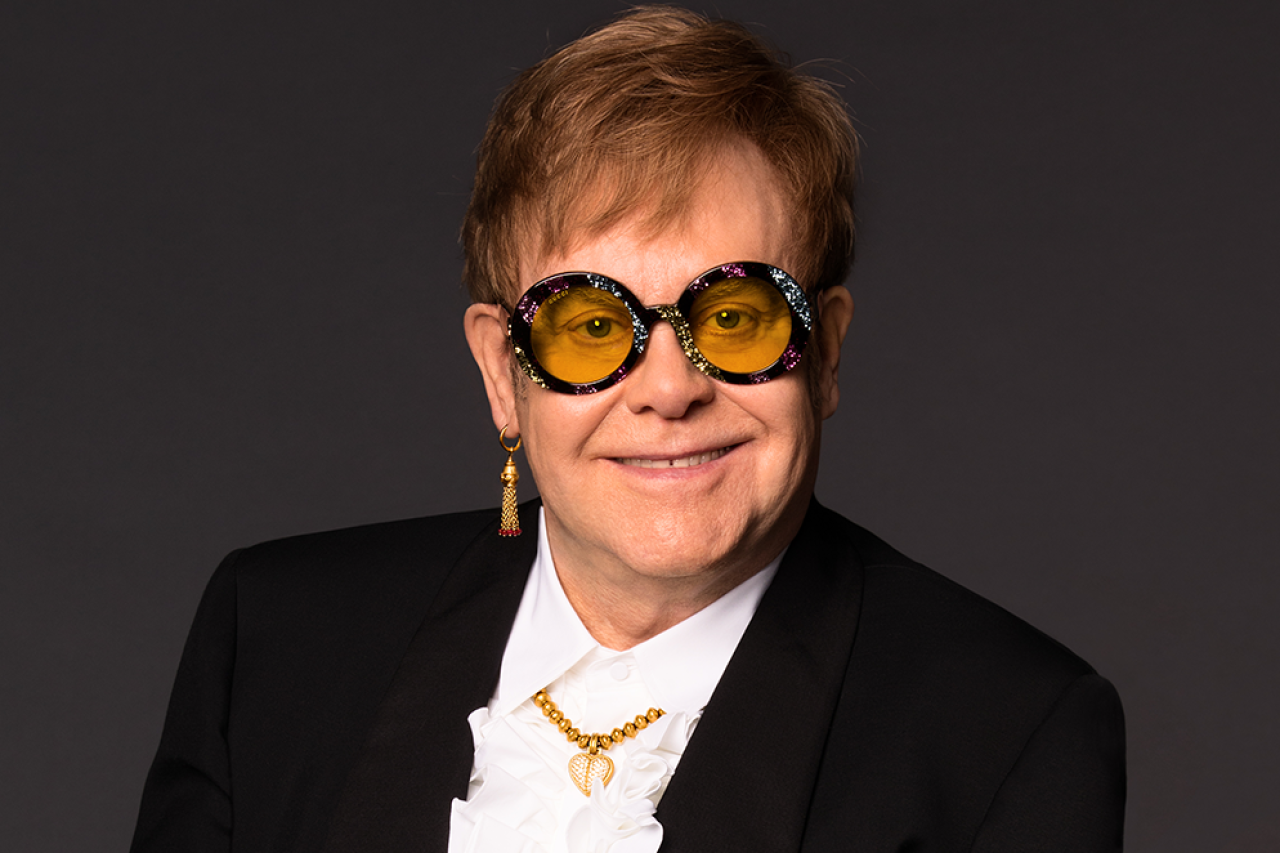
By Elton John
In 2024, we have seen more incredible scientific breakthroughs in the HIV response, with new long-acting prevention medicines offering real hope of ending HIV transmission.
Just as these scientific advances demonstrate the best of humanity, we are living through times where the worst of humanity is laid bare, where dehumanization and suffering are rife, and where one life is considered more important than another.
Approximately 9.3 million people living with HIV are not receiving treatment. Marginalized groups—the LGBTQ+ community, people who use drugs, women and girls—do not get the same access to health information, medicines and support because their circumstances somehow make them undeserving. Shockingly, 44 percent of all new HIV infections worldwide are among women and girls. The risk of acquiring HIV is 23 times higher for gay men and other men who have sex with men than for people in the general population.
Inequality threatens our future. Stigma and discrimination, fear and neglect are pushing millions of people away from lifesaving health services and standing in the way of ending AIDS as a public health threat. This is heartbreaking to me, both personally and as the founder of the Elton John AIDS Foundation.
When I set up the Foundation in 1992, there were no game-changing medicines, no government support—but there was plenty of gay-hate and far too much AIDS shame. Since then, we have seen huge leaps forward. Effective HIV testing, treatment, prevention and post-exposure medicines and the funds to dramatically expand their use, by initiatives such as the bipartisan United States President's Emergency Plan for AIDS Relief (PEPFAR) and the multilateral Global Fund to Fight AIDS, Tuberculosis and Malaria, have helped tens of millions of people access lifesaving care. But the shame—the idea that people affected by HIV do not deserve our help—agonizingly persists.
The Cost of Shame
I know the feeling of shame and what it can do. I grew up in an era when being gay was seen as sin. Although I have never hidden my sexuality, one of the reasons why, even as a successful singer and songwriter, I became addicted to drugs was because I felt I was not lovable enough. If there had not been people who really saw me for me, rather than discounting me because of my gayness or my addiction, I would not be alive today.
We know that suicide, poor mental health, substance abuse and HIV risk are all exacerbated by fear, hate and marginalization. When you consider the millions of people who have been dehumanized by difference and indifference—scientists, artists, academics, writers, leaders of all kinds—whose labels defined and ultimately destroyed them and the gifts they had to offer—it feels like, as a world, we are sabotaging our future.
Indeed, an increasing number of "us," as we may be politically expedient to define, are becoming "them" to many of our leaders and some of their followers. When democracy itself can often seem to be teetering on the brink, democratic values of freedom, equality and respect for each other are being systematically challenged or cast aside.
We need to strip away the labels of "us" and "them," of "undeserving" and "worthy," across our societies—labels that drive disease underground.
This is why the work of the Elton John AIDS Foundation focuses on the people who too often are being left behind. We work in some of the most challenging countries and contexts because ending AIDS as a public health threat depends on access for everyone, everywhere.
But we also need governments around the world to invest in the prevention, testing and care programs that can keep people safe; to build health care systems that do not discriminate; and to invest in and share the wealth of new technologies and treatments that can ultimately end AIDS as a public health threat. Above all, leaders must remove laws that drive stigma and discrimination so we can foster cultures that celebrate differences, not demonize them.
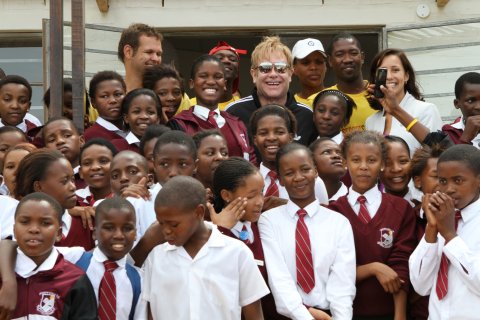
Their Memories Are Etched on My Soul
There is a chapel in my house in Windsor dedicated to the friends I've lost to AIDS; their memories are etched on my soul. And from all the people I have met over the past four decades, from a young mother in a South African township to a gay man in Kyiv, I have learnt that as long as HIV is seen as a disease for the "others," not so-called "decent people," AIDS will not be beaten.
Science, medicine and technology may be the "what" in ending AIDS, but inclusion, empathy and compassion are the "how." Demonizing people, scapegoating them and scaring society about them lends itself to secrets and lies. Embracing people for their differences, recognizing that we all have a unique contribution to make and are worth loving and saving, is more challenging in today's world, but ultimately more enriching and more noble. Surely we are up for that challenge?
Elton John is an EGOT award-winning and best-selling musician and founder of the Elton John AIDS Foundation. This piece will feature in the UNAIDS World AIDS Day report being launched on November 26. See unaids.org for more information.
To read how Newsweek uses AI as a newsroom tool, Click here.



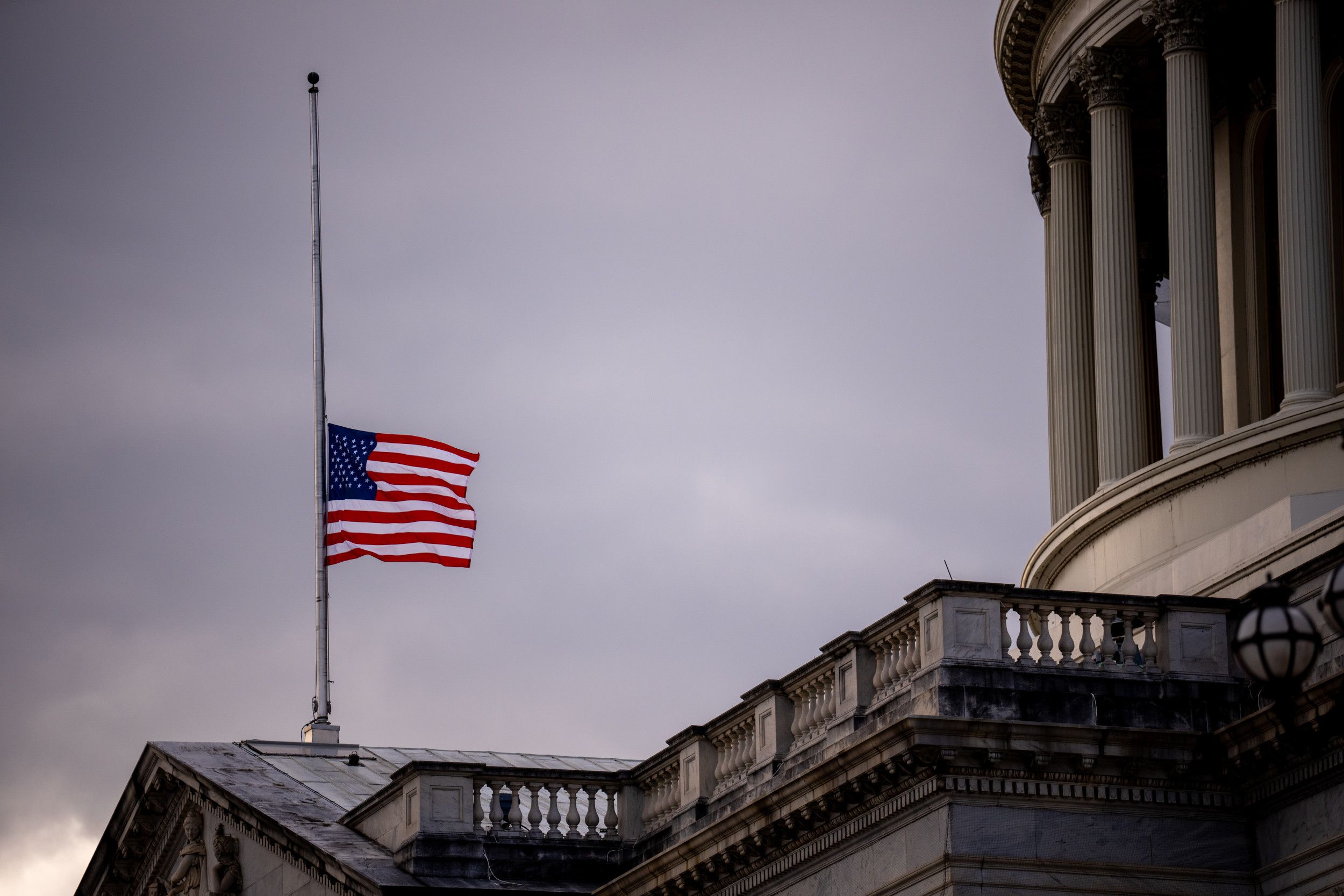
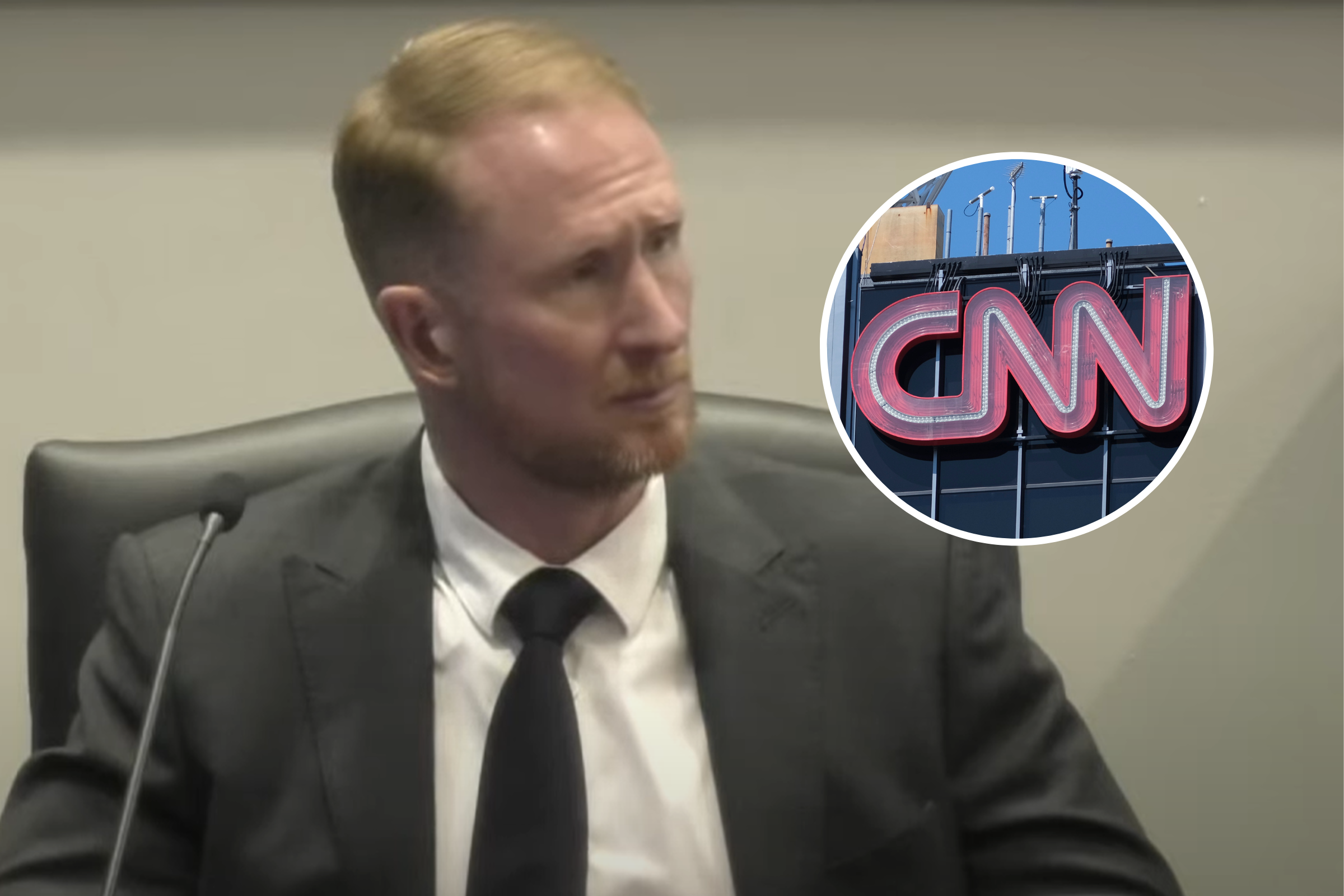
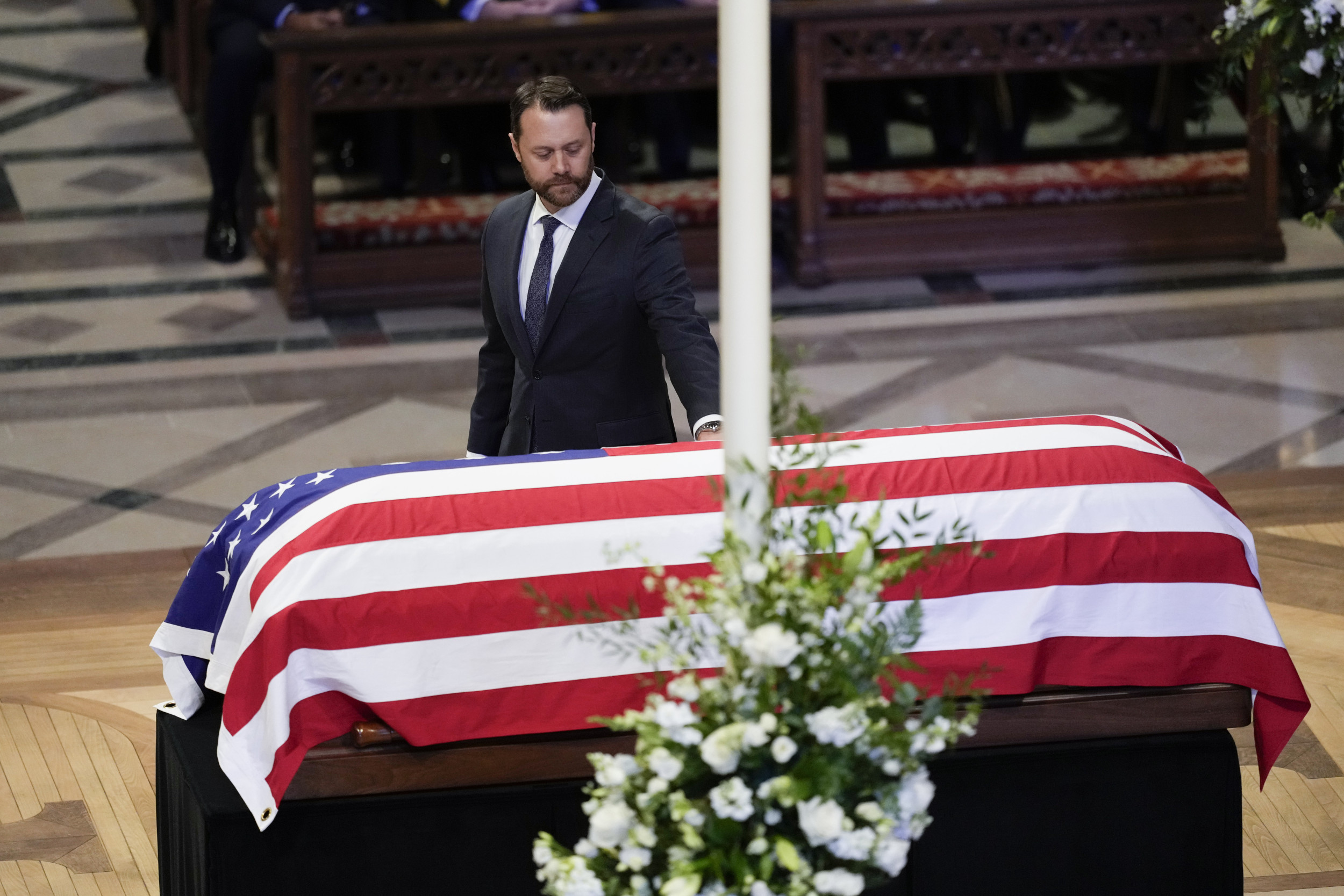

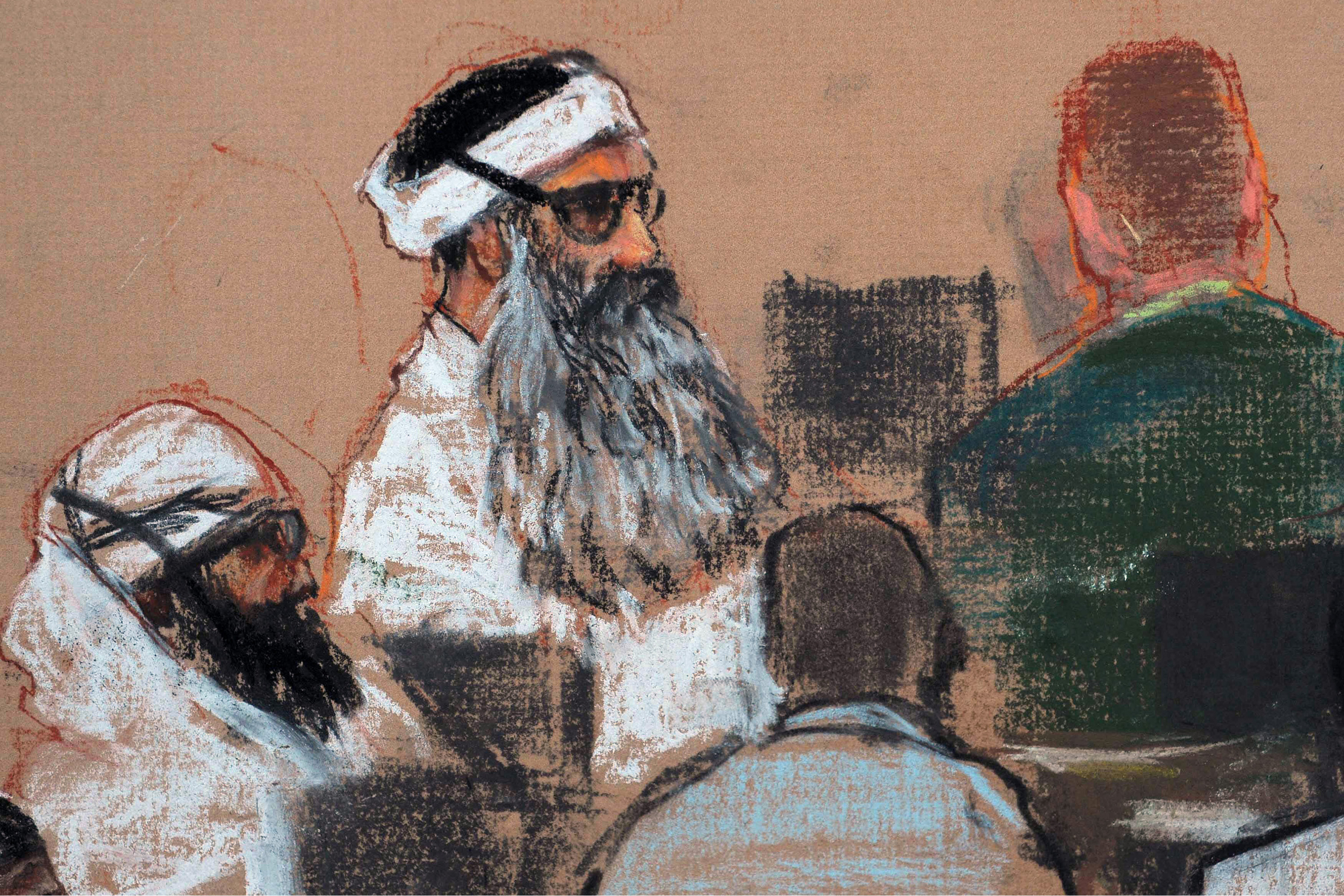












 English (US) ·
English (US) ·